10
Jan
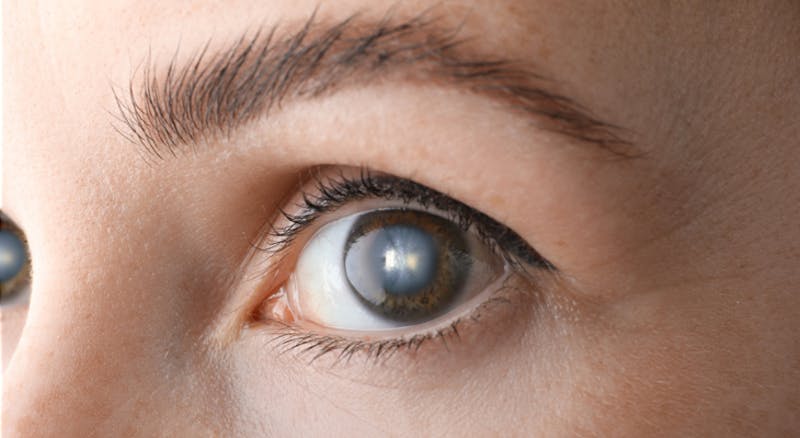
January Newsletter: The Three Most Common Types of Cataracts
The Three Most Common Types of Cataracts Cataracts make the world look dull and hazy as the clear lens inside your eye becomes cloudy. Although there are several kinds of cataracts, some are more common than others. What Are Cataracts? Cataracts cloud and harden the lens located ...
View More10
Jan
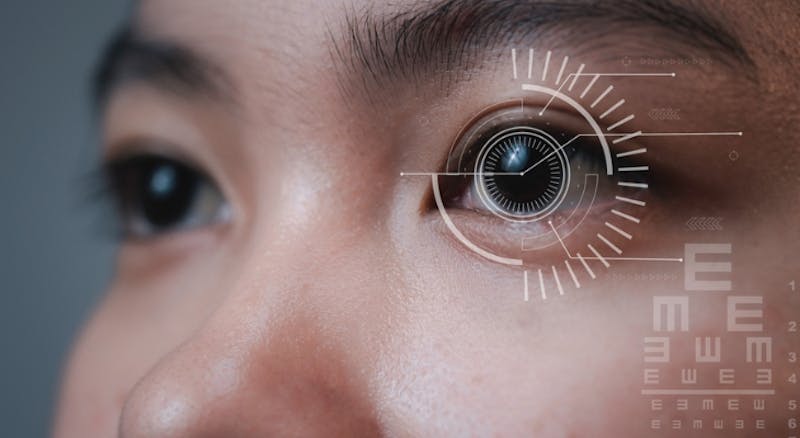
December Newsletter: What Conditions Does PRK Surgery Treat?
Wish Your Vision Was Sharper? PRK Surgery Improves Several Common Vision Conditions Photorefractive keratectomy (PRK) could be a good choice if you'd like to improve your vision with refractive surgery. Refractive surgery improves the sharpness of your vision, eliminating or redu...
View More10
Jan
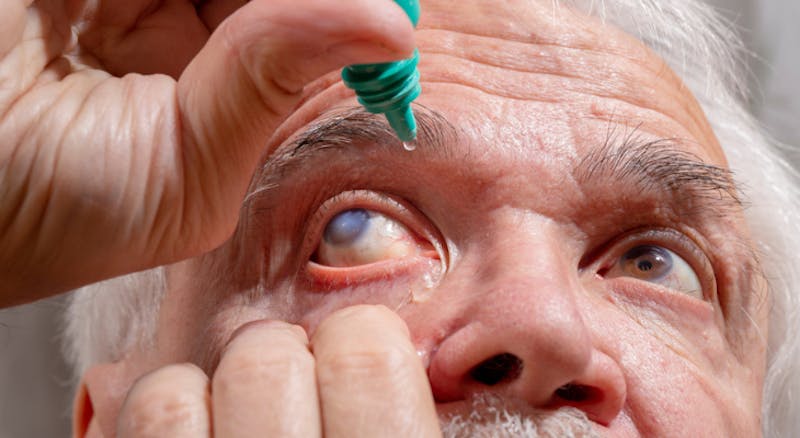
November Newsletter: The Benefits of Cataract Surgery
The Benefits of Cataract Surgery Cataracts cloud or blur your vision, dull colors, and make driving at night difficult due to glare. Cataract surgery replaces your clouded lens with a clear, artificial lens, improving your vision. Beyond sharpening your vision, cataract surgery o...
View More10
Jan

October Newsletter: 5 Tips for a Smooth Recovery After LASIK Surgery
5 Tips for a Smooth Recovery After LASIK Surgery Looking forward to clearer vision after LASIK (laser in-situ keratomileusis) surgery? These five tips are the keys to a trouble-free LASIK recovery. Go Makeup Free Put away your eye makeup for the first week after LASIK surgery. Sm...
View More10
Jan

September Newsletter: How Your Ophthalmologist Can Help with Uveitis
How Your Ophthalmologist Can Help with Uveitis Are you worried about your eyesight after receiving a uveitis diagnosis? Your ophthalmologist offers several treatments designed to calm the inflammation in your eyes and reduce the risk of vision loss. All About Uveitis Uveitis is a...
View More10
Jan
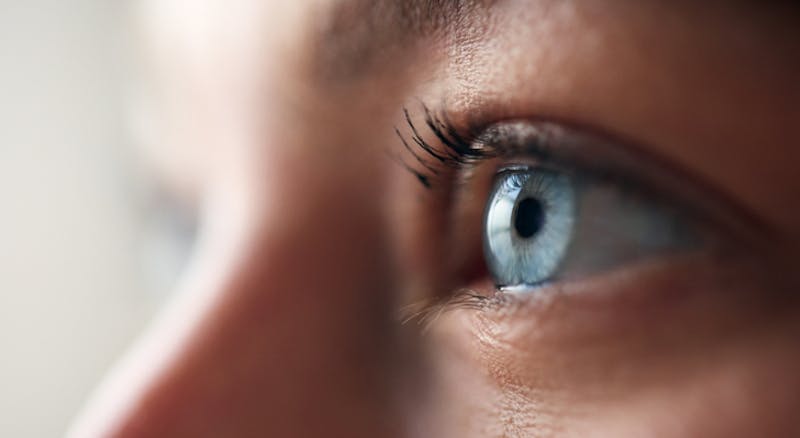
August Newsletter: What Causes Exophthalmos and How Is It Treated?
What Causes Exophthalmos (Bulging Eyes)? Exophthalmos, the term ophthalmologists use to describe bulging eyes, may be caused by several health conditions or diseases. Determining the cause of your condition is the first step in treating exophthalmos. 5 Causes of Exophthalmos Exop...
View More10
Jan
July Newsletter: What Is Hyphema and How Is It Treated?
What Is Hyphema and How Is It Treated? Injuries are a common cause of hyphema, a condition that happens when blood accumulates in the front part of the eye. You'll need to see an ophthalmologist as soon as possible if you have a hyphema, as vision loss can occur in some cases. Ho...
View More10
Jan
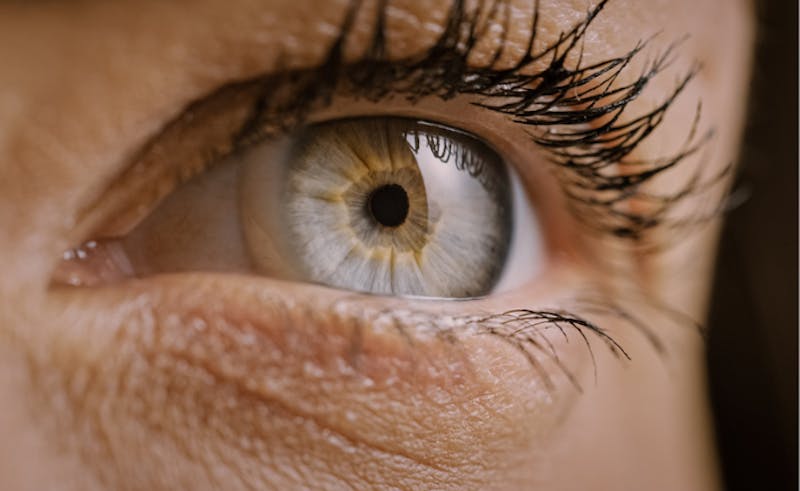
June Newsletter: How Your Ophthalmologist Can Help with Constricted Pupils
How Your Ophthalmologist Can Help with Constricted Pupils Your pupils constantly change size, allowing you to see well in dark and light environments. In some cases, pupils become too small, which can interfere with vision and may be a sign of an underlying health problem. A visi...
View More10
Jan

May Newsletter: Causes and Symptoms of Endophthalmitis
What Is Endophthalmitis? Endophthalmitis is a type of infection that occurs inside your eye. The infection is a medical emergency and can cause permanent damage to your vision if not treated promptly. About Endophthalmitis Two kinds of endophthalmitis can affect your vision. Endo...
View More10
Jan

April Newsletter: How Your Ophthalmologist Treats Corneal Abrasions
How Your Ophthalmologist Treats Corneal Abrasions A corneal abrasion, one of the more common eye injuries, occurs when your cornea is scratched or scraped. Although corneal abrasions don't usually damage your vision, they can be painful and uncomfortable. What Causes Corneal Abra...
View More10
Jan

March Newsletter: How Your Ophthalmologist Can Help with Scleritis
How Your Ophthalmologist Can Help with Scleritis Prompt treatment is the key to treating scleritis, an inflammatory disorder that affects the white surfaces of your eyes. Your ophthalmologist offers several treatments that can reduce inflammation and protect your eyesight. What I...
View More10
Jan
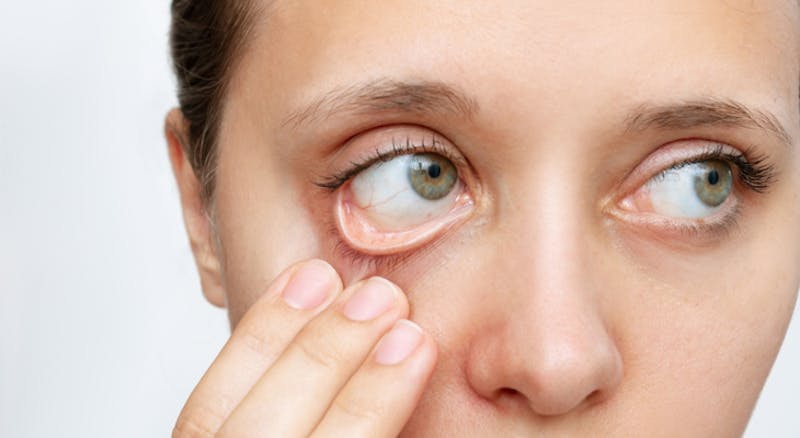
February Newsletter: How Certain Types of Anemia Affect Your Eyes
How Certain Types of Anemia Affect Your Eyes Anemia causes a variety of symptoms, including dizziness, shortness of breath, fatigue, and headaches. If you've noticed changes in your vision, you're not imagining things. Anemia can also cause problems with the eyes. What Is Anemia? ...
View More

